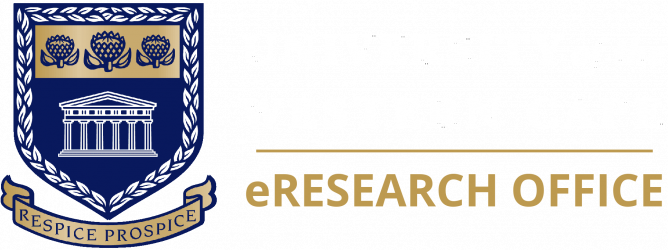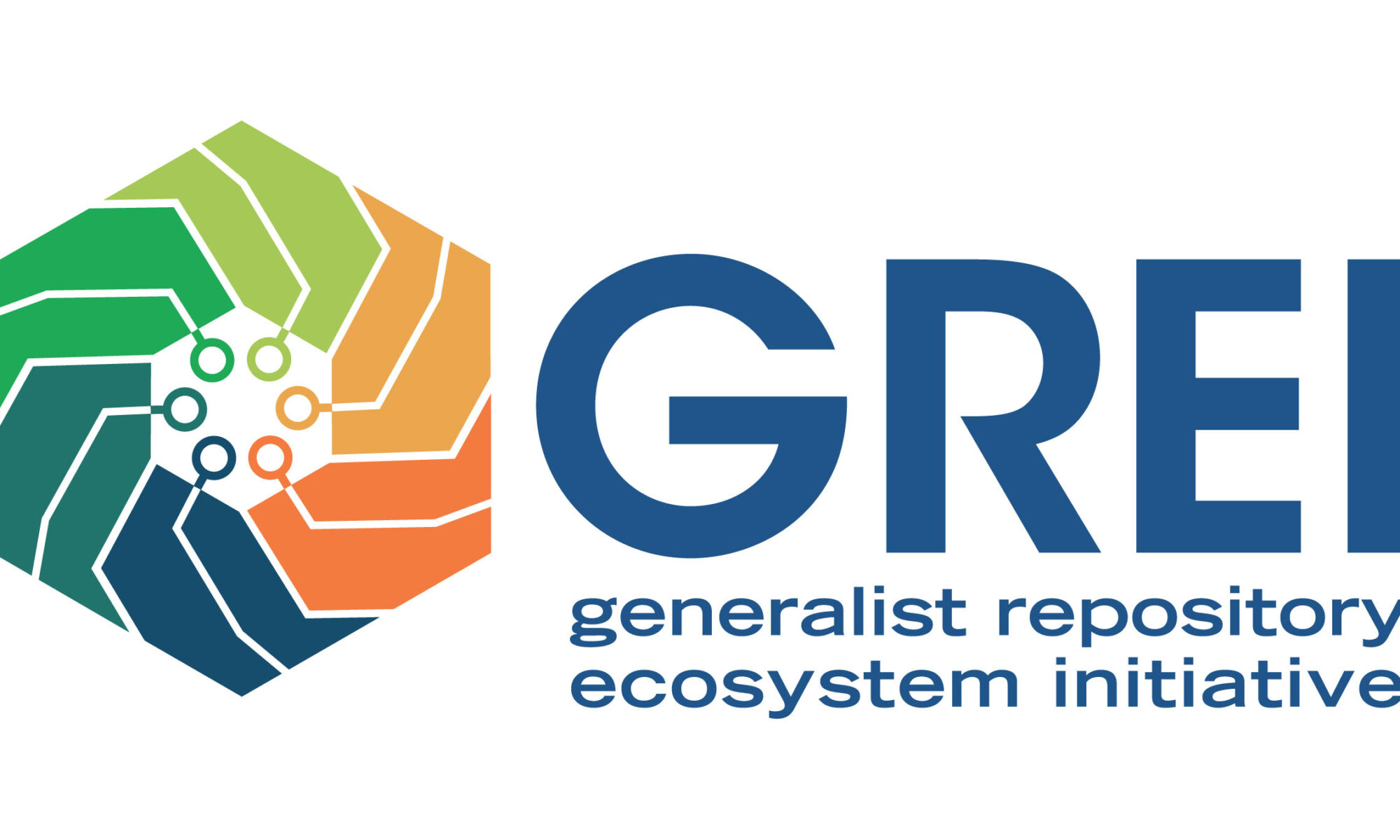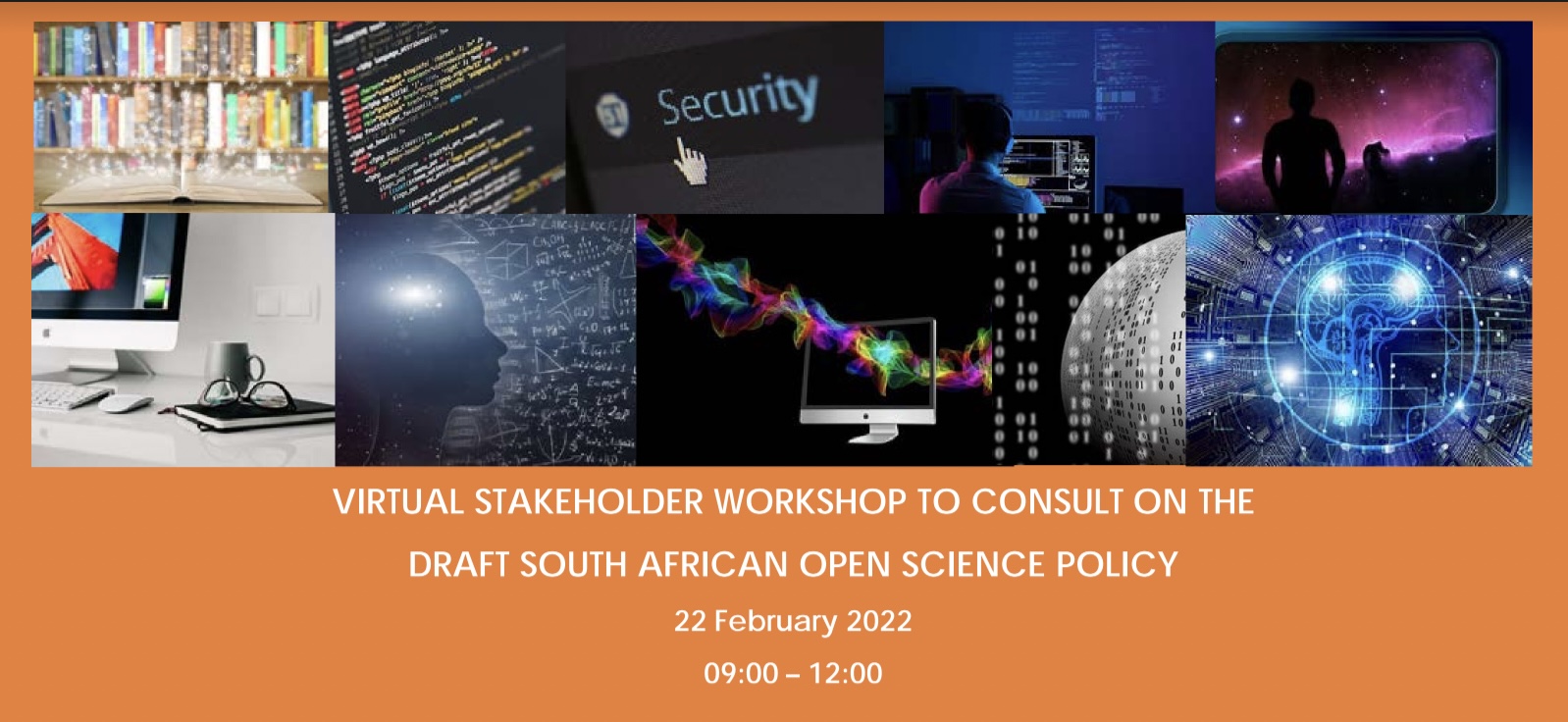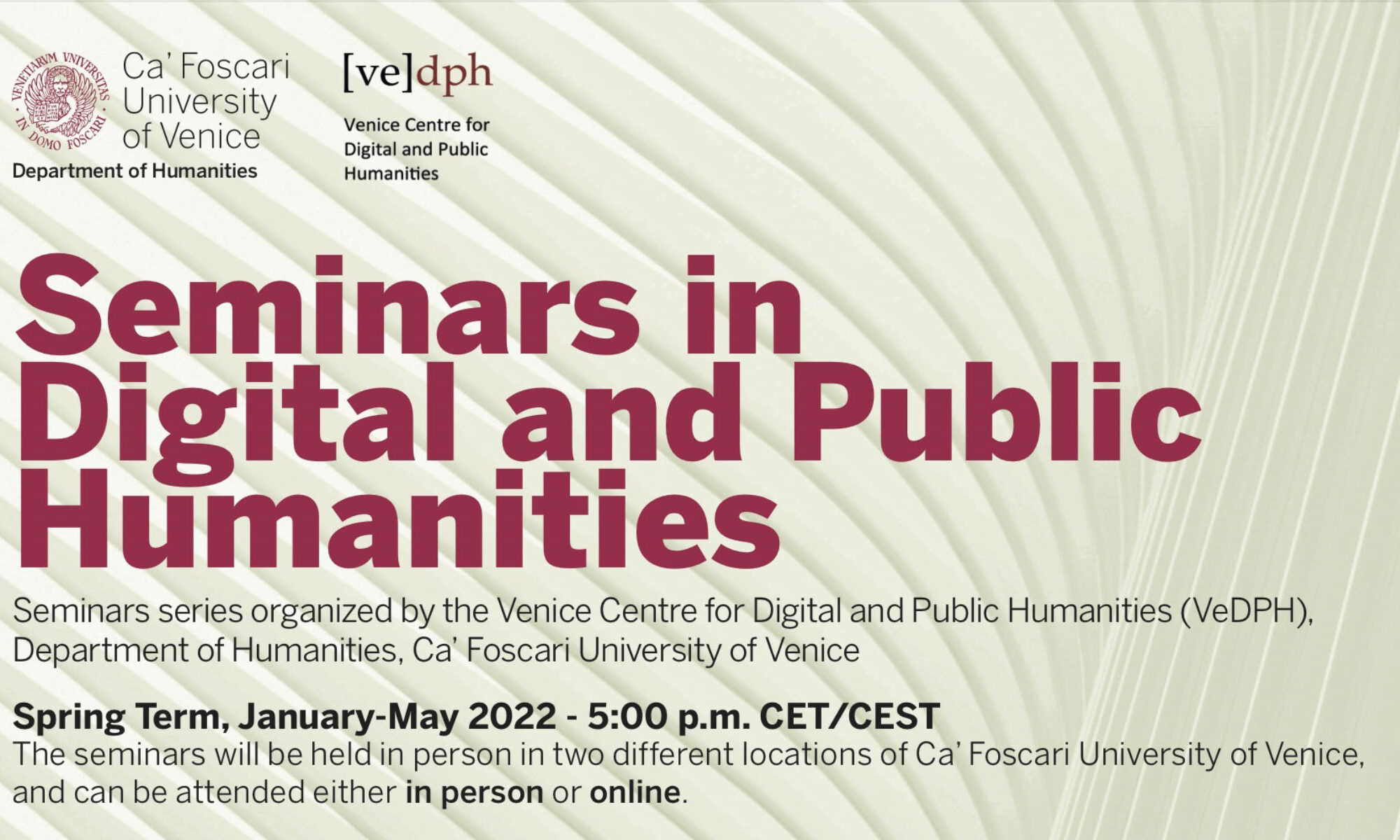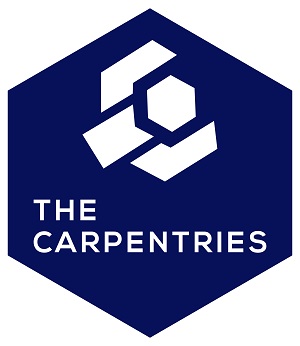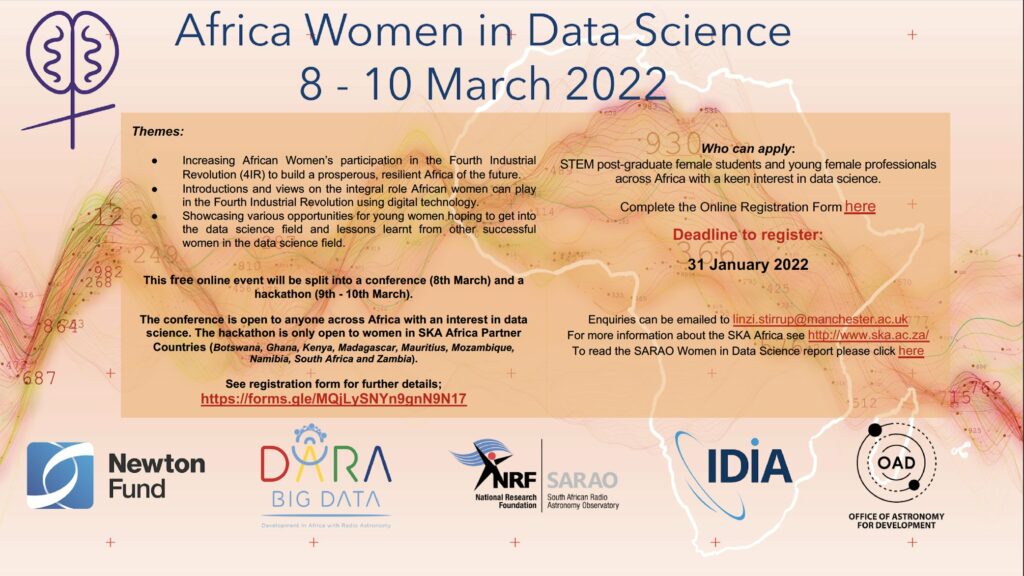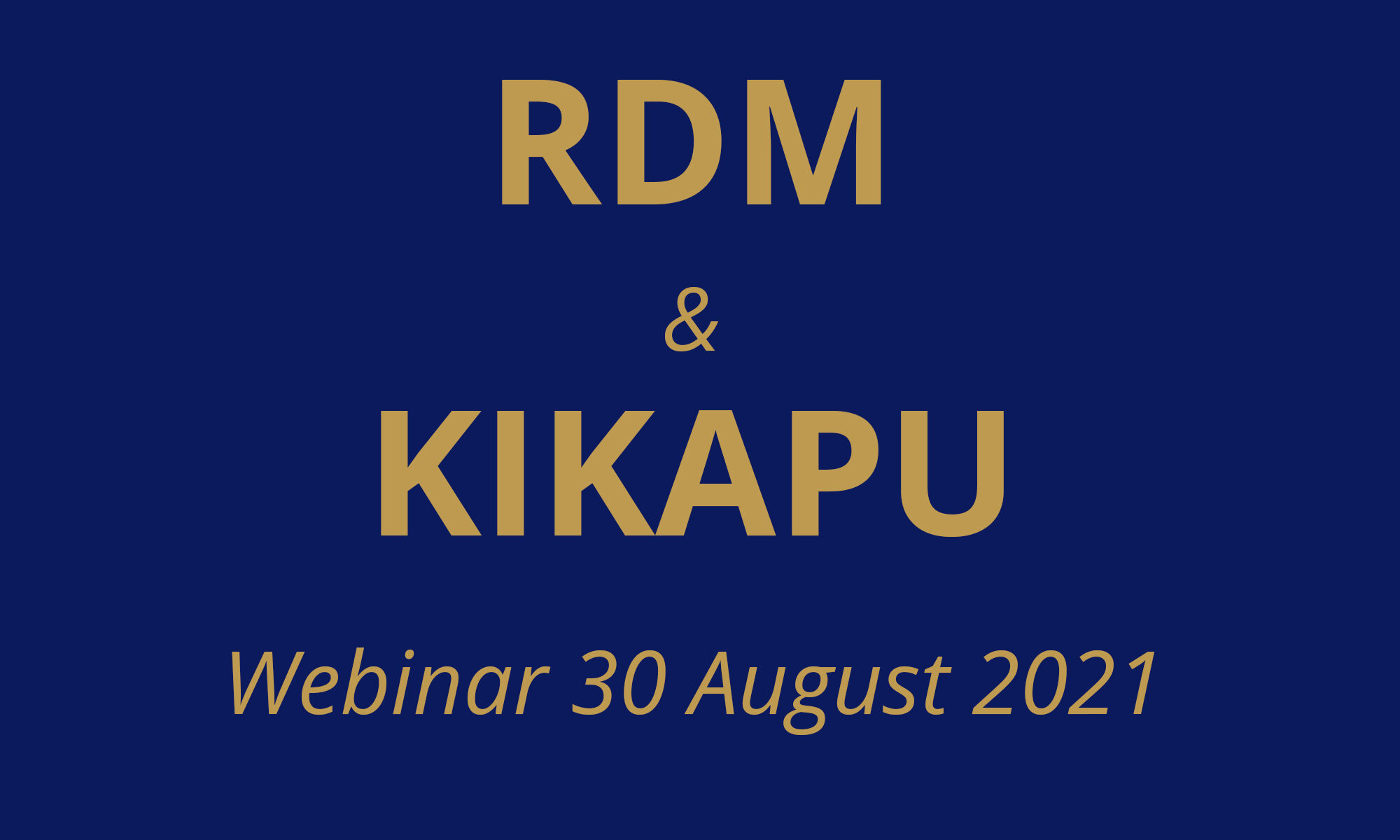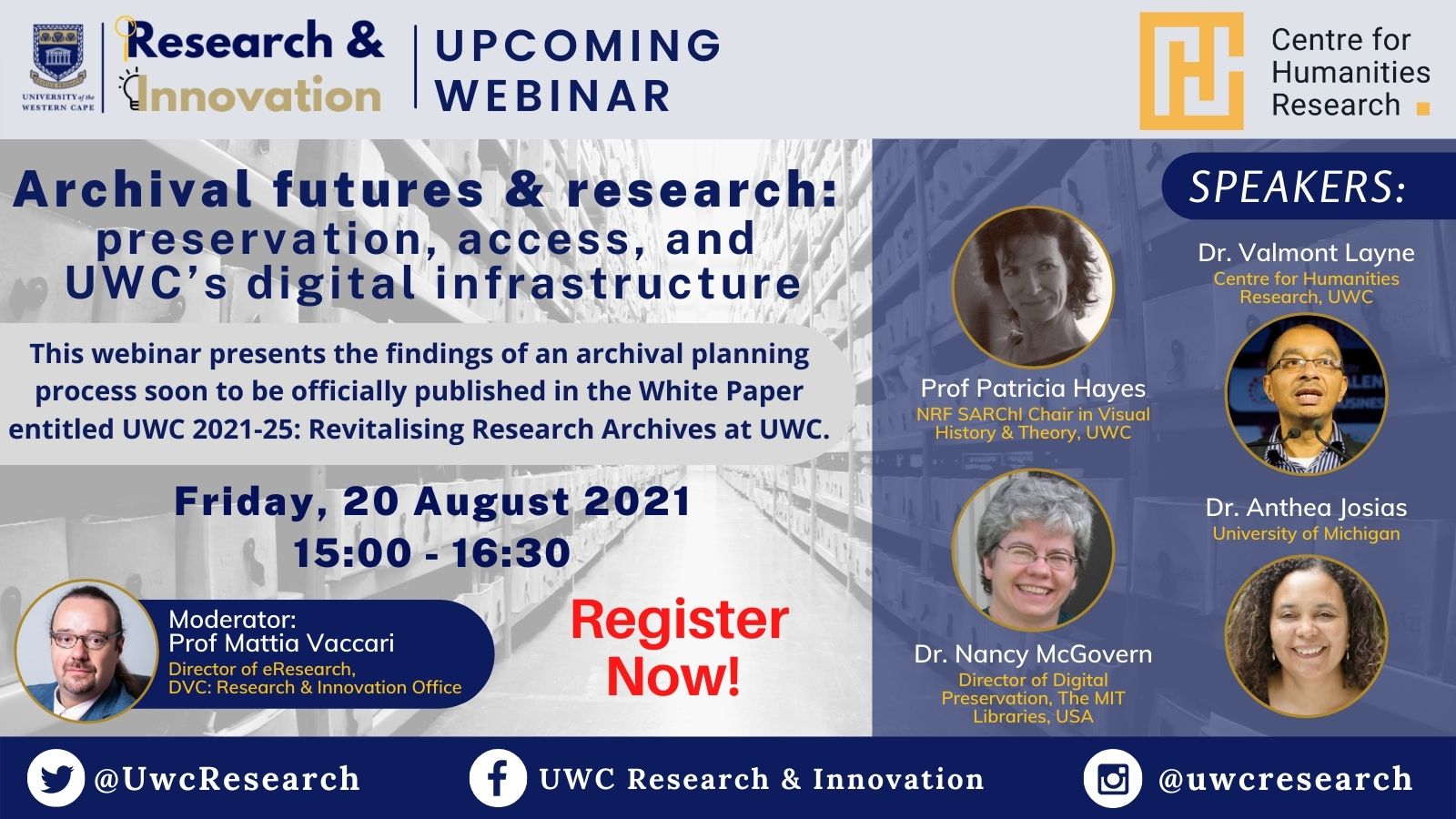Figshare, the organisation behind UWC’s institutional repository, Kikapu, has been awarded an NIH Generalist Repository Ecosystem Initiative (GREI) grant. GREI is led by the NIH Office of Data Science Strategy (ODSS) and provides funding for repositories to grow their functionality and better meet the needs of research communities and the NIH Desirable Characteristics for Data Repositories.
The award granted to Figshare will support ongoing efforts to advance Figshare’s repository infrastructure to make research data better documented for findability and reuse. Figshare also plans to expand their support for metadata standards to enhance discoverability and tracking of open research, and broadening their metadata support for research funders and grants.
Read more about the award.
